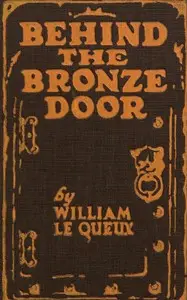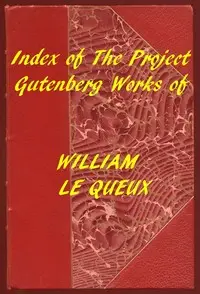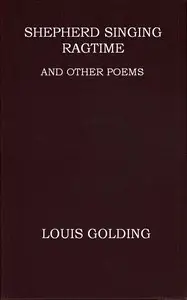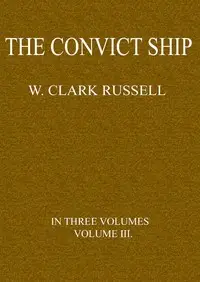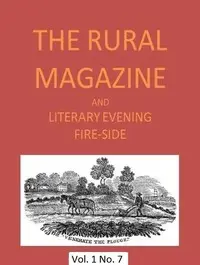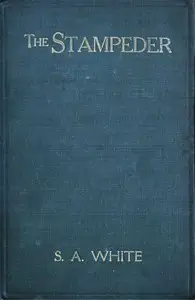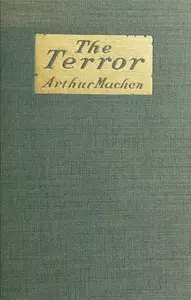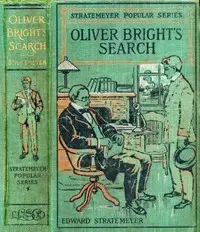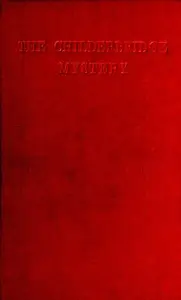"The Sign of the Stranger" by William Le Queux is a mystery novel written in the early 20th century. The story begins in a quaint English village inn, where a shabby stranger named Richard Keene makes an unexpected appearance, leading to the unraveling of secrets surrounding local aristocracy, particularly Lady Lolita, the sister of the new Earl of Stanchester. The narrative quickly escalates into a complex web of intrigue, as the stranger’s inquiries about Lolita hint at a mysterious past and potential danger. At the start of the novel, the arrival of the stranger in the inn stirs curiosity and apprehension among the local patrons, particularly the landlord, who suspects he may not be a harmless traveler. The scene conveys a tense atmosphere as the stranger reveals his experiences abroad and his longing for home, while simultaneously probing into the lives of the local aristocracy, particularly Lady Lolita. As the plot unfolds, it becomes clear that his return has significant implications that intertwine with Lady Lolita's precarious situation, setting the stage for deeper mysteries related to an impending murder that reflects her troubled past. The protagonist, Willoughby Woodhouse, who serves as Lolita's secretary, grows increasingly involved, caught between his affections for her and the enigmatic events surrounding the stranger and the unfolding tragedy. (This is an automatically generated summary.)

The Sign of the Stranger
By William Le Queux
"The Sign of the Stranger" by William Le Queux is a mystery novel written in the early 20th century. The story begins in a quaint English village inn,...
William Tufnell Le Queux was an Anglo-French journalist and writer. He was also a diplomat, a traveller, a flying buff who officiated at the first British air meeting at Doncaster in 1909, and a wireless pioneer who broadcast music from his own station long before radio was generally available; his claims regarding his own abilities and exploits, however, were usually exaggerated. His best-known works are the anti-French and anti-Russian invasion fantasy The Great War in England in 1897 (1894) and the anti-German invasion fantasy The Invasion of 1910 (1906), the latter becoming a bestseller.

